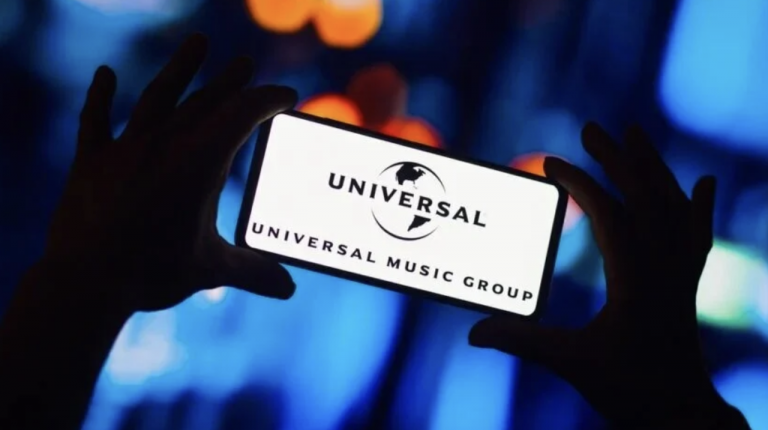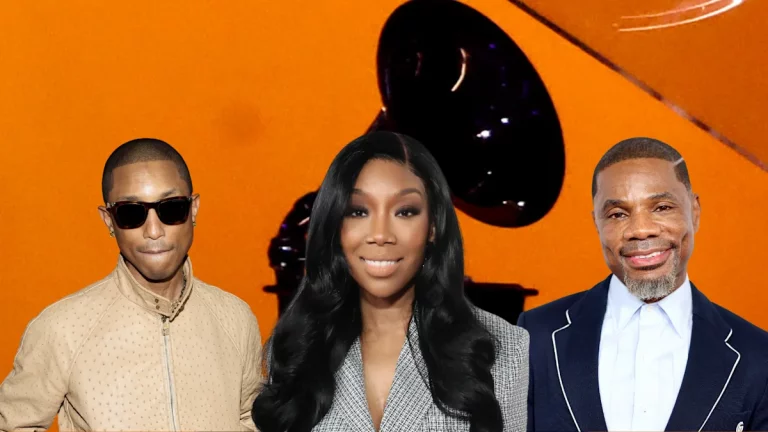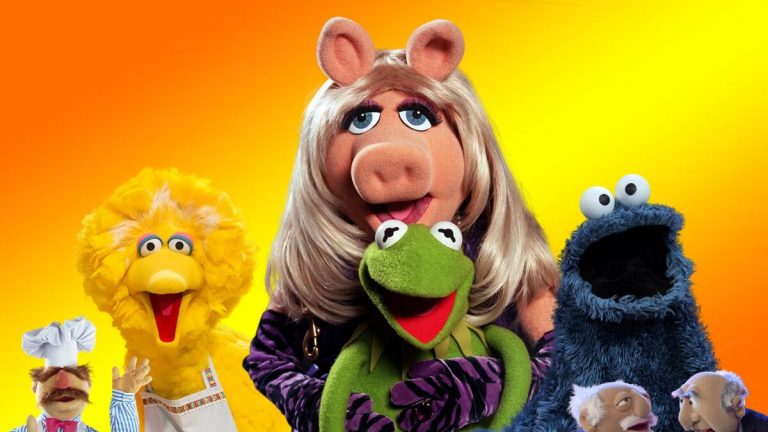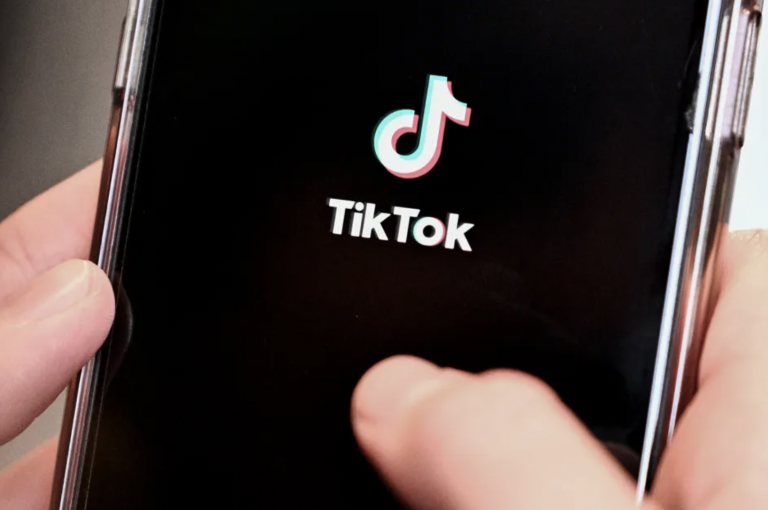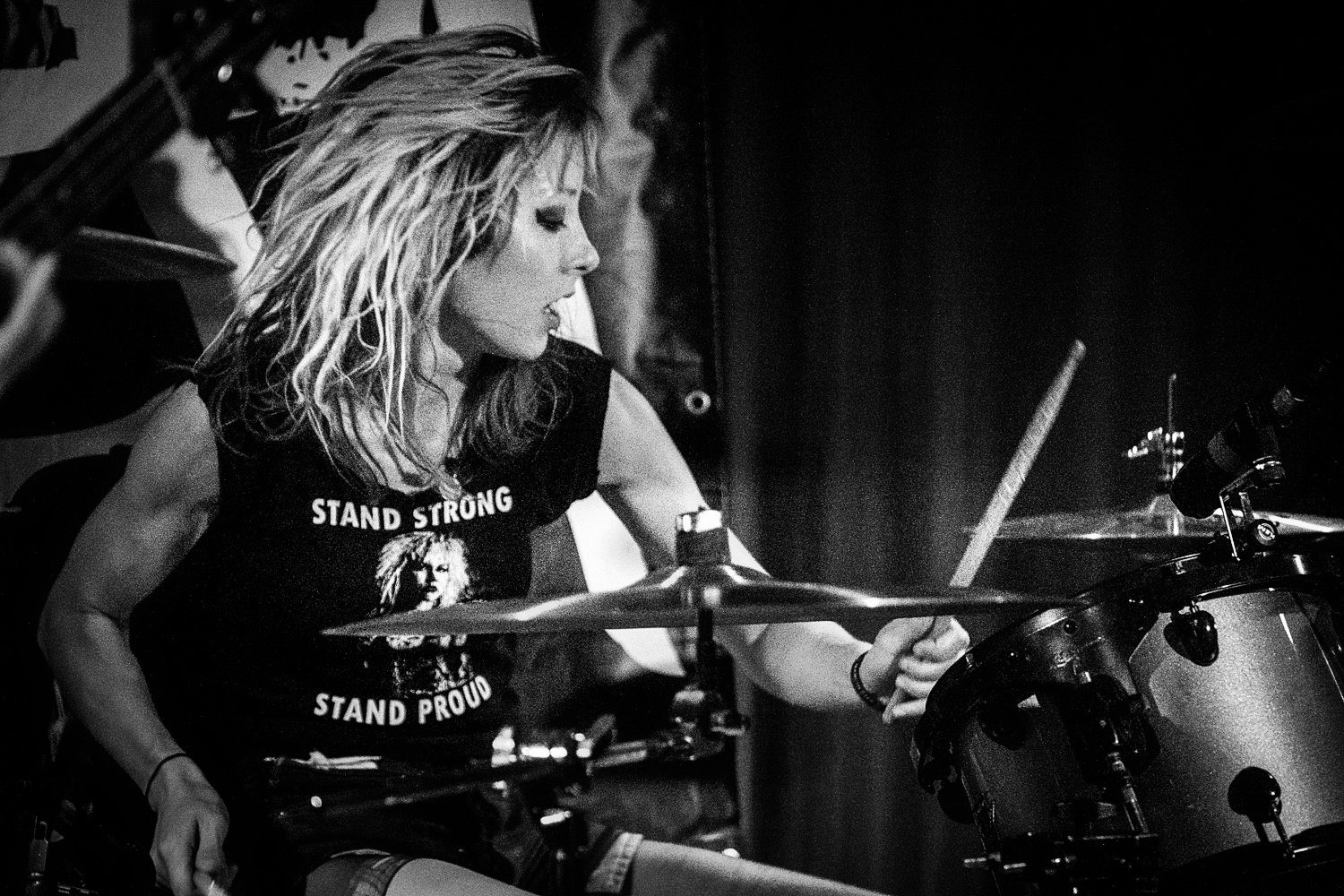
Creator: Michael Lamertz Credit: ©2017 Michael Lamertz | CC BY-NC-SA 4.0
The Birth of Riot Grrrl
For decades, punk rock had a problem — it was a boys’ club. Women drawn to the noise and rebellion of rock often found themselves sidelined. They were welcome as groupies, maybe as muses, but rarely seen or respected as musicians and artists in their own right.
That began to change in Olympia, Washington, in the late 1980s. A small group of feminist musicians and activists, frustrated by the sexism and gatekeeping that dominated punk shows, decided to carve out their own space. They formed women-led rock bands and published zines, creating a culture entirely their own. Their songs and writing were messy, raw, and unapologetically furious—tackling everything from sexual violence and body image to self-determination and power. Above all, they encouraged girls to tell their own stories, rather than accepting the narratives handed down by a male-dominated culture.
Their efforts became known as the Riot Grrrl movement, and by the early 1990s, a new kind of underground female punk scene had taken shape — driven by bands like Bikini Kill, Bratmobile, Babes in Toyland, 7 Year Bitch, Calamity Jane, Excuse 17, and Heavens to Betsy. The movement spread quickly across the U.S. and internationally, fusing punk’s DIY ethos with the urgency of feminist politics.
At the center of the movement was Kathleen Hanna, the Bikini Kill frontwoman and one of Riot Grrrl’s most influential voices. At every show, she would shout her now-iconic mantra: “Girls to the front!” This call wasn’t just about visibility; it was about safety, solidarity, and taking up space in a culture that had long pushed women to the margins. “How are girls gonna start bands if they can’t see other girls playing instruments?” She later wrote in her memoir Rebel Girl: My Life as a Feminist Punk.
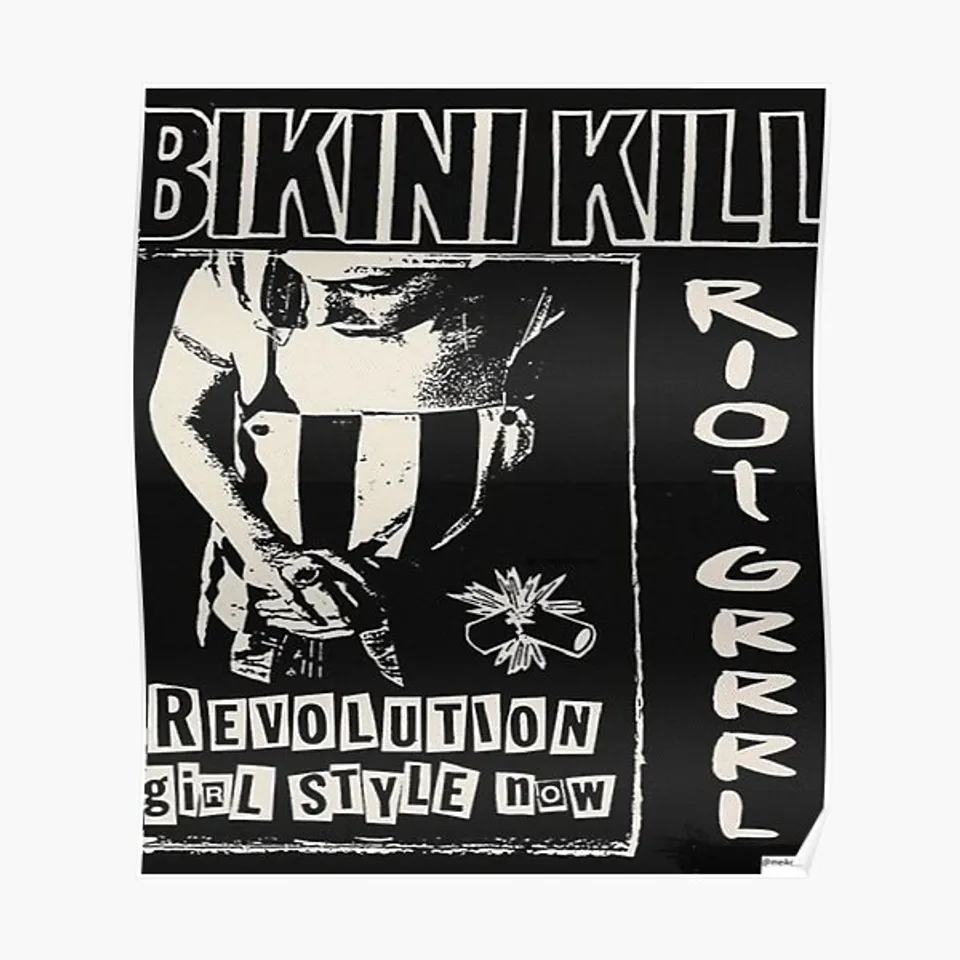
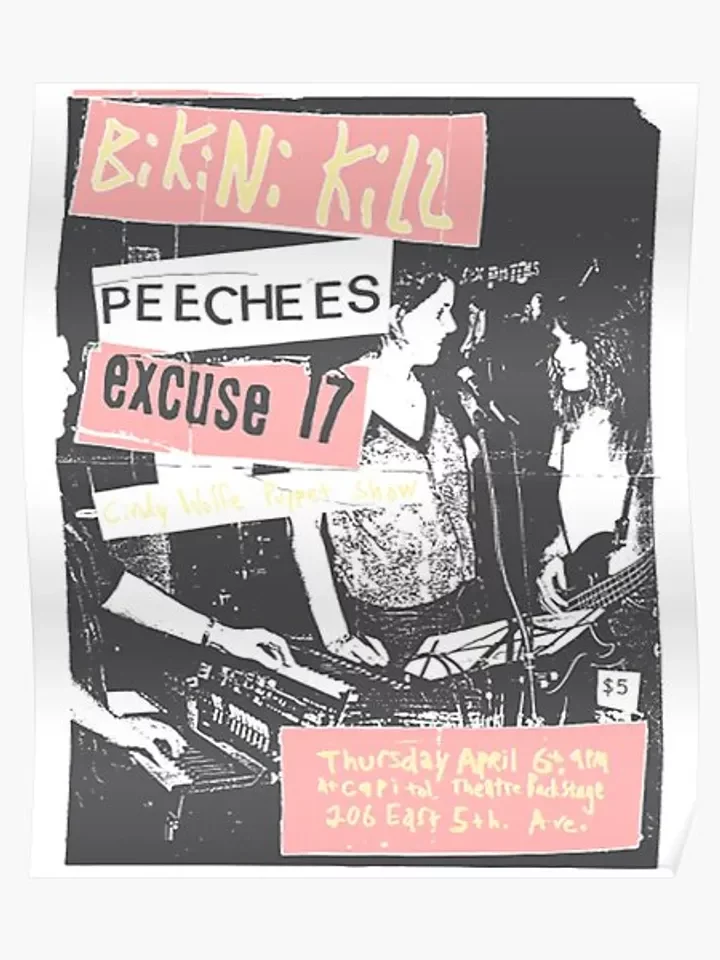
Today, Kathleen Hanna would be proud of where female punk rock has gone. The name “Riot Grrrl” might not dominate today’s headlines, but its legacy is everywhere. More than 30 years later, a new generation of women-led punk rock bands are carrying the torch—writing about identity, autonomy, and resistance with the same raw energy and anger that ignited the original movement. The sound has evolved, but the spirit remains the same: loud, defiant, and impossible to ignore.
Here are ten bands that are keeping the Riot Grrrl energy and sound alive, proving that the ‘angry’ women of punk rock have never died.
1. Dream Nails
Dream Nails are a queer feminist punk band from London who describe their sound as “witch-punk.” Formed in 2015 through grassroots feminist activism, the group quickly built a reputation in the UK scene for their riotous live shows and incendiary lyrics. They mix classic punk aggression with elements of pop-punk, Riot Grrrl harmonies, and a dash of theatricality.
The group tackles subjects like sexual violence, self-acceptance, and queer liberation. They are loud, political, and uncompromisingly fun. Offstage, Dream Nails embodies the Riot Grrrl’s DIY spirit: creating zines, building their own gear, and fostering community spaces where women and non-binary fans can take up space. Their third official album You Wish comes out on February 6th 2026.
2. Die Spitz
Die Spitz are a ferocious Austin, Texas quartet redefining punk’s future through sheer force of will. Formed in 2022 by lifelong friends Ava Schrobilgen, Chloe De St. Aubin, Eleanor Livingston, and Kate Halter, the band has quickly carved out their place in the modern punk landscape.Rooted in classic punk but unafraid to bend toward grunge, metal, and alt-rock, they fuse abrasive noise with razor-sharp hooks. Their music channels obsession, fury, and humor in equal measure, pairing explosive riffs with commanding vocals and a sharply political edge.
Their latest album, Something to Consume (2025), pushes those instincts even further, exploring themes of identity, power, and the overwhelming nature of modern life. It’s a record that transforms anxiety into confrontation — and friendship into unbreakable creative chemistry, with tracks like “Throw Yourself to the Sword,” a fierce, thrash-driven anthem that urges listeners to shed insecurity, embrace their power, and defiantly claim their voice.
3. Bad Cop / Bad Cop
Born out of Southern California’s punk scene, Bad Cop/Bad Cop have been blending the rebellious spirit of ’90s skate punk with modern pop-punk since 2016. Signed to Fat Wreck Chords, the all-female quartet balances grit with vulnerability, using anthemic hooks to explore themes of empowerment, recovery, and self-acceptance.
Their fourth album, Lighten Up came out this September and shows the band at their most introspective. Across tracks that confront self-doubt, transformation, and loss, the band turns hardship into a rallying cry to keep moving forward. Lead single “All Together Now” delivers their trademark mix of raw honesty and infectious hooks — a reminder to search for light, even when things get dark.
4. Dream Wife
Dream Wife, vocalist Rakel Mjöll, guitarist Alice Go, and bassist Bella Podpade, have spent the past decade turning London’s punk scene into a louder, queerer, more joyful place. Known for their blend of punk, indie rock, and pop, the trio channel the DIY ethos of early riot grrrl, but swap nostalgia for sharp humor, dance-floor adrenaline, and a willingness to interrogate their own politics. Their shows have earned near-mythic status; Rolling Stone and Billboard both hailed them as one of the most electrifying live acts of the past few years.
Their 2023 album Social Lubrication is part sweaty club anthem, part feminist manifesto. Songs like “Hot (Don’t Date a Musician)” skewer fragile masculinity with a wink, while “Who Do You Wanna Be?” wrestles with capitalism and co-opted activism. Even their cover of “All the Things She Said” queers a pop classic with a sense of catharsis and community.
5. Softcult
Softcult — the Ontario-based twin duo of Mercedes and Phoenix Arn-Horn — craft dreamy, bruised-edge grunge that blends the weight of ’90s alt-rock with hazy shoegaze. Recording and producing everything from their home studio, they embody a fiercely DIY ethos that extends to their monthly zine, SCripture, a xeroxed, cut-and-paste publication that carries forward the spirit of early feminist punk.
Softcult have become known for lyrics that refuse silence, confronting misogyny, discrimination, and systemic violence. Their breakout track “BWBB,” written in response to the murder of Sarah Everard, established them as urgent new voices in political rock. Now, ahead of their debut album When a Flower Doesn’t Grow releasing on January 30th, 2026, the band return with “She Said, He Said,” a blistering single and self-made video that calls out the culture of disbelief surrounding survivors of sexual assault.
6. THICK
THICK is a Brooklyn-born punk duo known for pairing gritty riffs with bright pop sensibilities. The band quickly built a reputation for loud, cathartic shows. Across tongue-in-cheek lyrics that tackle modern feminism and self-expression, THICK blends speed, melody, and vulnerability into something both rebellious and undeniably catchy.
Their breakout debut album 5 Years Behind (2020) put them on the map, but it was 2022’s album Happy Now that cemented their status as punchy, whip-smart songwriters. Now signed to Epitaph Records, the band continues to evolve. Their recent single “Mother” tackles relationship expectations and caregiving roles with unflinching intensity.
7. Jigsaw Youth
Jigsaw Youth is a ferocious all-female punk and grunge trio from Staten Island, NY, whose sound fuses ’90s alternative rock, riot grrrl ethos, and raw, distorted punk energy. Comprised of Maria Alvarez on bass and vocals, Nastacha Beck on guitar, and Alex Dmytrow on drums, the band delivers calculated aggression and cathartic intensity, from droning, visceral vocals to bone-shaking riffs. Named after a Bikini Kill song, they carry the spirit of rebellion and self-exploration in both their lyrics and live performances, which can ignite a mosh pit in seconds. Their latest EP, The War Inside Me, explores internal conflict, resilience, and transformation across tracks like “Skin,” “Deeper,” and “Stranded,” while their newest single, “Waiting“, continues to showcase their fearless, confrontational approach to punk rock and emotional introspection.
8. Panic Shack
Formed in 2018 in Cardiff, Panic Shack have built a reputation for turning punk into a party without softening its bite. The quintet is made up of Sarah Harvey, Meg Fretwell, Romi Lawrence, Emily Smith, and drummer Nick Doherty-Williams. Their music is loud, stripped-down, and irreverent, but the group rejects rigid punk labeling; channeling their energy into blistering feminist commentary.
Across their work, Panic Shack embraces humor, confrontation, and accessibility, using their platform to inspire young women to pick up instruments and take up space. Following their debut EP Baby Shack, the band released their first full-length, self-titled album Panic Shack in 2025, topping the UK Rock & Metal Albums Chart. Their lead single, “Girl Band Starter Pack,” is funny, frantic, and defiantly self-aware.
9. Skating Polly
Formed in Oklahoma in 2009 by stepsisters Kelli Mayo and Peyton Bighorse, then just nine and thirteen, Skating Polly have spent their lives reshaping punk on their own terms. Later joined by Kelli’s brother Kurtis Mayo on drums, the trio honed a style they call “ugly-pop”: a chaotic, hook-driven blend of punk, indie, alt-rock, and noise, with members frequently swapping instruments onstage.
The band built an early reputation for abrasive, genre-bending releases before expanding into more focused, emotionally charged songwriting. Their lyrics confront identity, obsession, and personal upheaval with raw vulnerability. With their 2023 double album Chaos County Line, Skating Polly reached a new creative peak, pairing unruly sonics with deeply narrative, confessional writing. Fierce, playful, and relentlessly inventive, they remain a vital force in modern feminist punk.
10. Witch Fever
Manchester’s Witch Fever blend doom-punk aggression with riot-grrrl spirit, delivering electrifying live shows and unapologetically political songwriting. Vocalist Amy Walpole, guitarist Alisha Yarwood, bassist Alex Thompson, and drummer Annabelle Joyce confront themes of religious trauma, control, and identity, drawing from personal histories and wider social realities.
Their 2022 debut album, Congregation, introduced their raw, in-your-face sound; its follow-up, FEVEREATEN (2025), pushes deeper into darker, stranger territory, mixing sludging riffs, gothic atmosphere, and flashes of vulnerability. Onstage, the band is visceral and fearless, often erasing the boundary between performer and audience.

